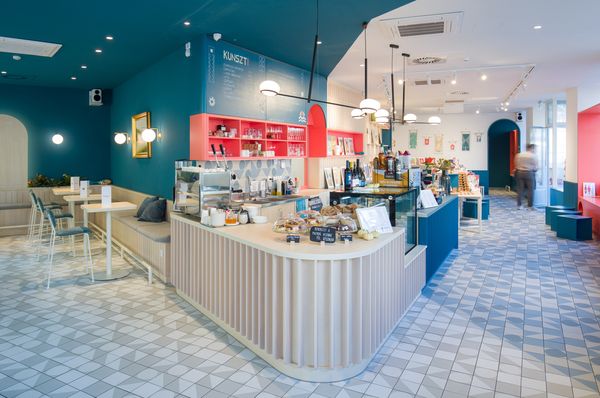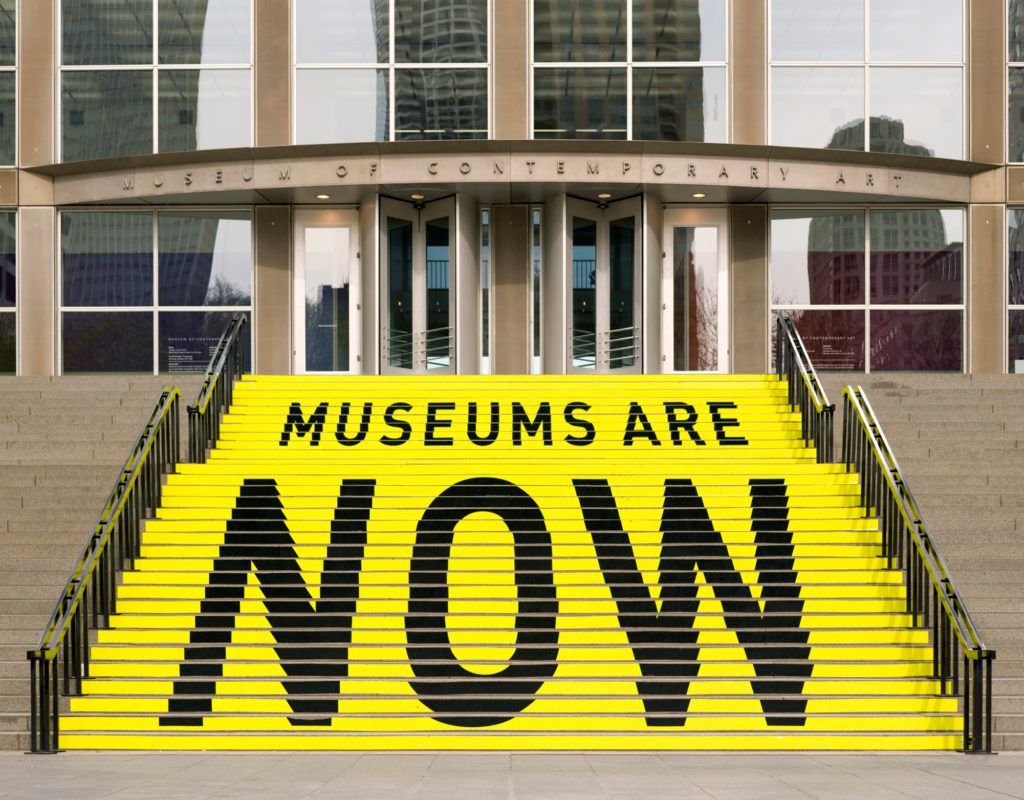According to Culture Track’s latest survey, Americans say racism is the most pressing problem in cultural institutions and also criticize the unequal pay, the neglect of climate change and the high ticket prices.
The Culture and Community in a Time of Transformation survey, which compares the results of the first and second years of the pandemic, was completed by 78,000 Americans, including staff from 192 museums and 183 performing arts institutions—artnet reports. The results show that respondents identified racism as the biggest problem in art museums, followed by growing inequality in earnings and the problem of dealing with climate change.
According to the survey, 70% of Native Americans and 50-55% of Black and Asian respondents consider racism the most pressing problem, while only 20% of Whites, who made up 63% of respondents, share this view. The survey also reveals that in the second year of the pandemic, respondents’ psychological well-being has taken a turn for the worse; 65% prefer live professional events to online ones, and more than half of them want cheaper ticket prices.
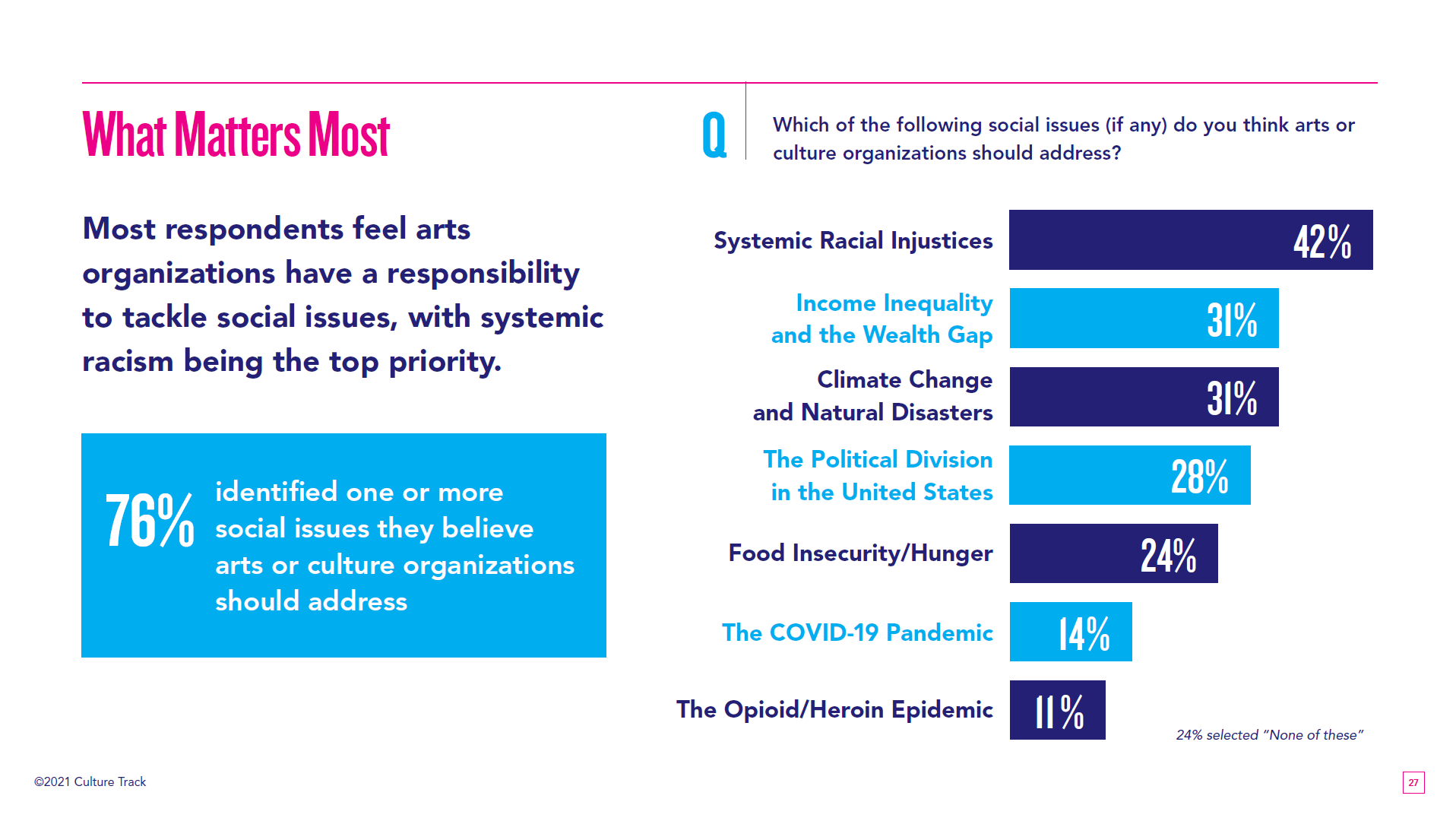
The survey is not specific about whether respondents are complaining about the internal functioning of museums or whether they are voicing issues that the museum’s exhibitions and programs seek to address. The news reports about the institutions suggest that the problem is twofold. Respondents consider tackling racism and pay inequalities among museum workers, and the slow response of institutions to the climate crisis, as important, as providing professional programs and exhibitions to engage the public in dialogue about these issues.
The pandemic has fundamentally challenged the operational structures of museums, with numerous symposiums on the future role of museums, including last month’s CIMAM conference in Poland entitled Under pressure. Museums in Times of Xenophobia and Climate Emergency. While institutions that were not ready or only moderately prepared for this have had to strengthen their online presence, the lockdowns of the past two years have also set back established ways of operating, such as blockbuster exhibitions. The slowdown or complete blockage of transport and international travel is pushing museums worldwide towards more financially and climate-sustainable solutions, such as collection development and collection exhibitions.
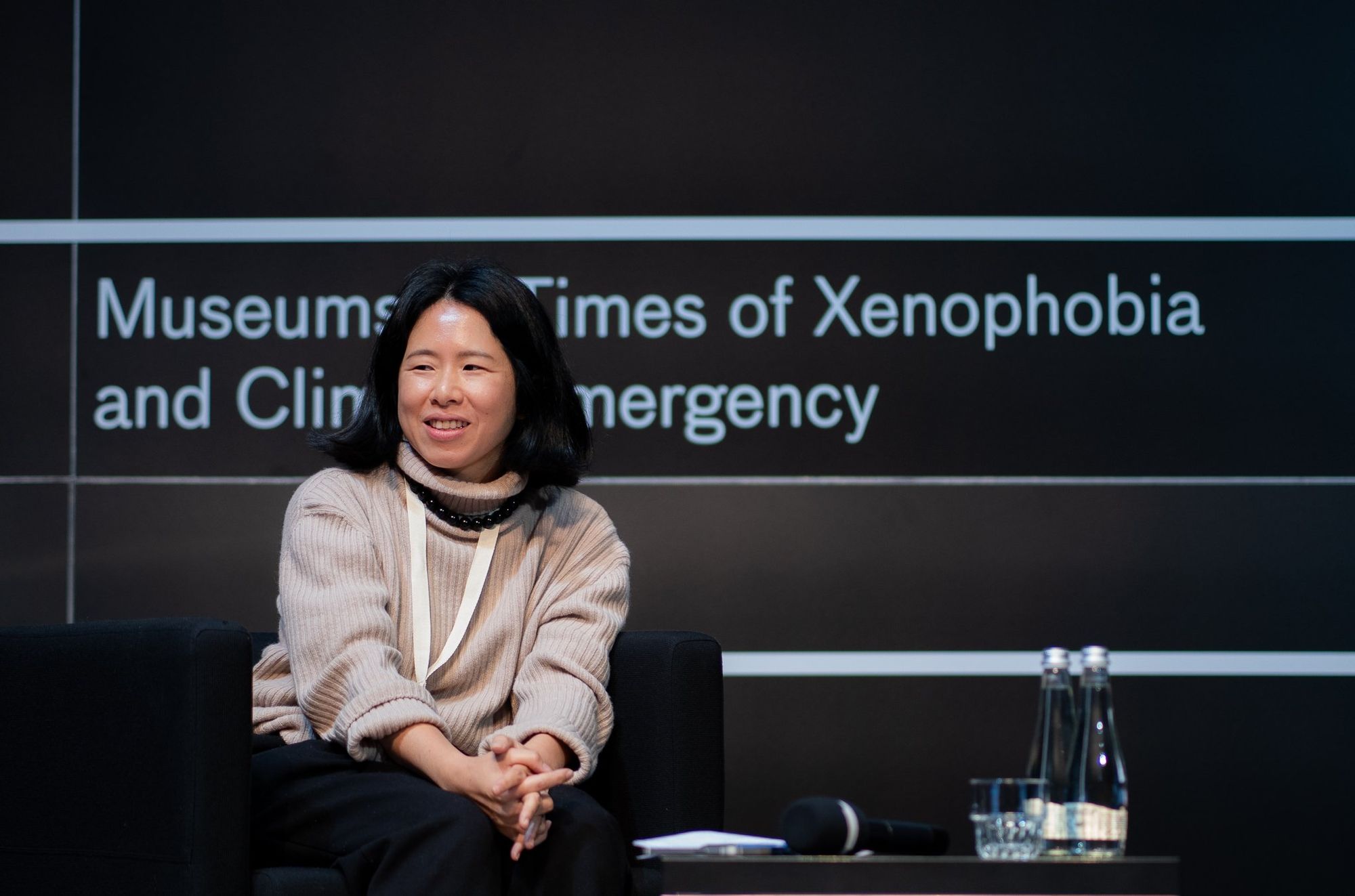
The events of the Black Lives Matter movement, which peaked in the first wave of the pandemic, may also have played a role in the Culture Track survey results. Reactions to George Floyd’s death (such as the black squares that flooded the Instagram pages of art institutions) were seen by critics as a sham, a marketing ploy. Museums should provide more effective responses to racism based on real action, such as critically examining their collections to ensure that their artifacts are representative of minorities and making their HR policies free from racial discrimination. An illustrative example of the latter is the case of the Art Institute of Chicago, where, in an open letter about layoffs due to the epidemic, employees complained that the layoffs were not accompanied by transparent communication and that a high percentage of BIPOC employees were affected.
Cover photo: Nathan Keay, © MCA Chicago
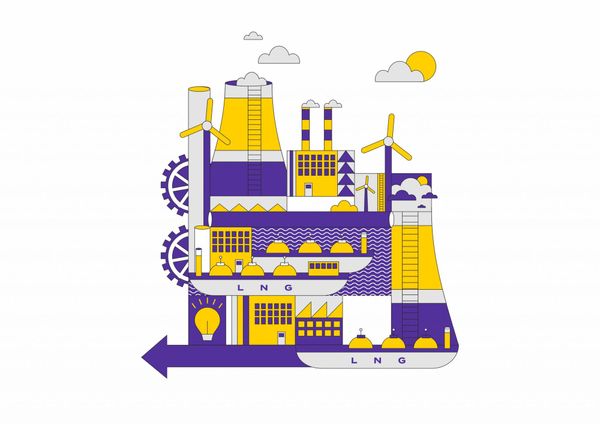
Communication is the path to innovation in the region | Interview with Claudia Patricolo

Favorite interiors of the week_89
